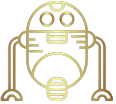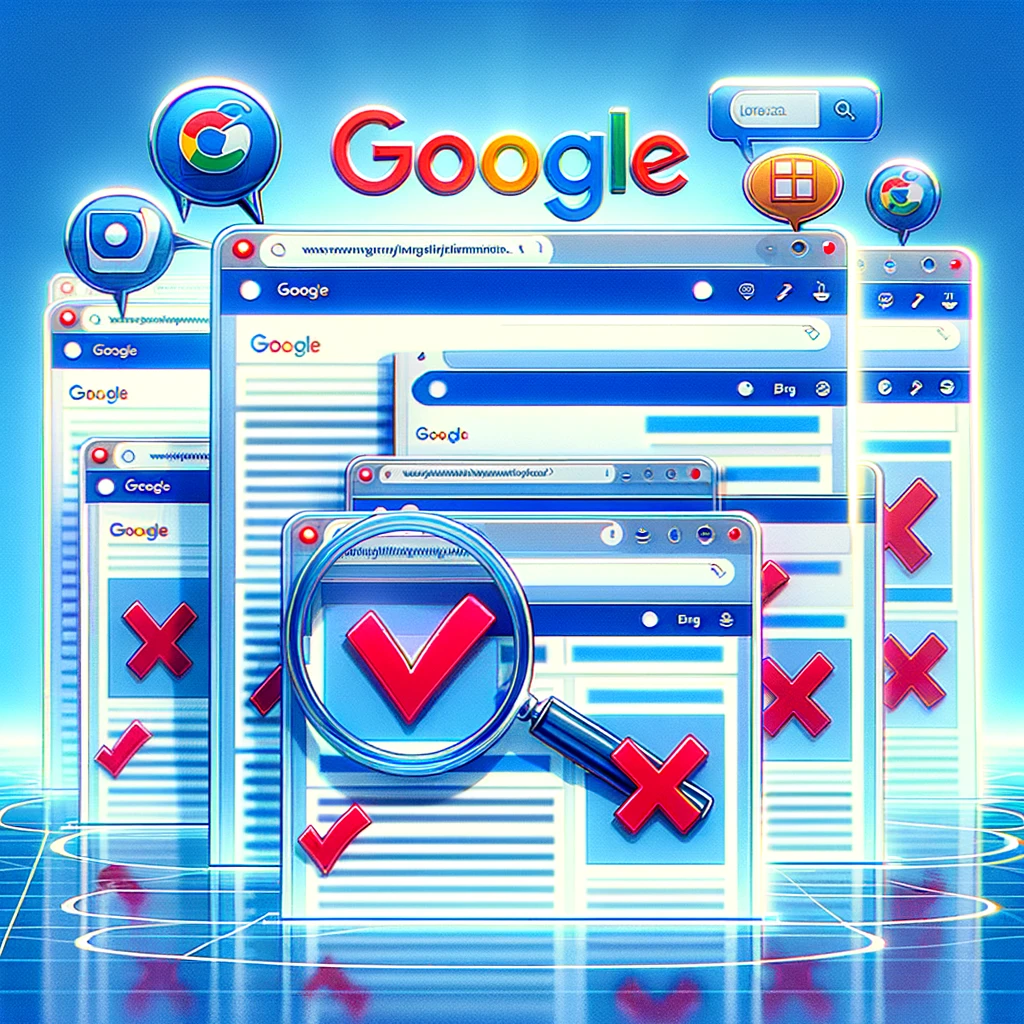
Are pages with and without a trailing slash considered to have duplicate content?
Yes, pages with and without a trailing slash considered to have duplicate content!
Scan your site with issuedetector.com to check if your site has links with and without trailing slashes!
Understanding the Impact of Trailing Slashes on Duplicate Content for Google
What Are Trailing Slashes?
Trailing slashes are the forward slashes (/) found at the end of some URLs. For example, https://www.example.com/page/ has a trailing slash, while https://www.example.com/page does not.
The Issue of Duplicate Content
Duplicate content refers to substantial blocks of content within or across domains that are either completely identical or noticeably similar. Search engines like Google aim to provide the best user experience by showing diverse results, and duplicate content can hinder this goal.
Are Pages with and Without a Trailing Slash Considered Duplicate Content?
In the eyes of Google and other search engines, URLs with and without trailing slashes are considered different. For instance, https://www.example.com/page and https://www.example.com/page/ are seen as separate pages. If both versions of the URL are accessible and contain the same content, this can lead to duplicate content issues.
How to Fix Duplicate Content Caused by Trailing Slashes
-
Choose a Preferred URL Format: Decide whether you want your URLs to end with a trailing slash or not. Be consistent with this format throughout your website.
-
Implement 301 Redirects: Set up 301 redirects to direct traffic from the non-preferred version of the URL to the preferred one. For example, if you choose to use trailing slashes, redirect
https://www.example.com/pagetohttps://www.example.com/page/. -
Use Canonical Tags: Employ the
rel="canonical"tag to specify your preferred version of the URL. This helps Google understand which version of the page to index and present in search results. -
Update Sitemaps: Ensure that your XML sitemap contains only the preferred version of each URL to reinforce the canonical version to search engines.
-
Consistency in Internal Linking: Make sure that all internal links on your website point to the preferred version of the URL.
Conclusion
While pages with and without a trailing slash are technically considered different by Google, you can avoid duplicate content issues by choosing a consistent URL format and implementing the necessary SEO best practices. By doing so, you'll improve your website's SEO performance and provide a better experience for both users and search engines.

Related:
Are HTTPS and HTTP pages considered to have duplicate content?